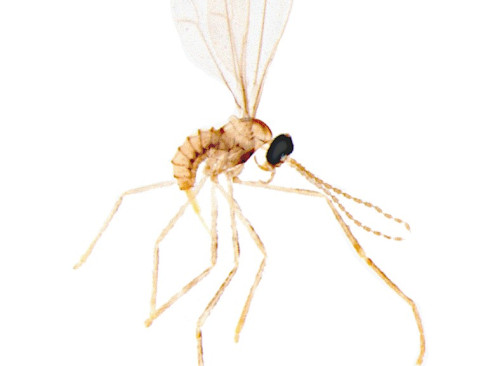© Pint of Science, 2025. All rights reserved.
This evenings eclectic mix of speakers will explain how the evolving genomes of plants have been harnessed in chemical biology before exploring how art and science have always co-existed and discuss what the future holds for these disciplines. You will also hear about how pond scum (algae) are the unsung heroes of the carbon cycle and should be celebrated before discussing global strategies to promote climate adaptation.
Harnessing Diversity: How Plant Genomes Have Revolutionized Chemical Discovery
Cobus Smit
(Postdoctoral Researcher in the Centre for Novel Agricultural Products (CNAP) at the University of York)
Genomes are like the instruction manuals for all living things. Plants are incredibly diverse, not just in what we see, but also in their genetic makeup. By studying plant genomes, we can understand how plants have adapted over time—and how they might adjust to our changing world. At the heart of this adaptation are the chemicals plants produce. This talk will take you on a journey, from uncovering a plant’s genome to discovering the amazing variety of chemicals it holds, and how we can use this knowledge.

© Cobus S
Sustainable for Whom? Climate Adaptation, Land Grabs, and Social Justice in Nigeria
Olalekan Adekola
(Associate Professor in Geography at York St John University)
This presentation explores the intersection of climate adaptation and social justice. While climate adaptation is heavily promoted and aligned with global goals such as SDG 11, its implementation often leads to outcomes such as forced demolitions and land grabs that disproportionately affect vulnerable communities. In contexts with weak institutions, the pursuit of a "sustainable" city becomes entangled with power dynamics involving government, businesses, and even religious and traditional bodies. The talk calls for integrating social justice considerations into the early stages of climate adaptation policy and planning.

© York St John University
How pond scum can save our planet
James Barrett
(Postdoctoral researcher in Centre for Novel Agricultural Products at University of York)
Pond scum (algae) are unsung heroes of the global carbon cycle. Together they account for ~50% of global CO2 absorption, using supercharged CO2-capturing factories within their cells. Engineering these factories into crop plants has the potential to increase global food security, increase CO2 capture and mitigate our global climate emergency.

© James B
Green Defenders: Battling Bugs for a Better Tomorrow
Rob Deady
(Entomologist at Fera Science Ltd.)
Plant health entomology focuses on studying insects that affect plant health, both pests and beneficial species. Entomologists monitor, identify, and manage insect threats to agriculture, forestry, and ecosystems. Oddities range from invasive species moving across continents that directly feed on their host to adventive insect hitchhikers. The field faces challenges like climate change shifting insect populations, AI as well as the need for sustainable pest management. Yet, by understanding insect-plant interactions, we unlock plants' full potential—boosting yields, protecting biodiversity, and supporting food security. This role merges science and strategy, turning microscopic battles into global solutions, where tiny wings can steer the future of plant vitality.

© Rob D
Map data © OpenStreetMap contributors.

